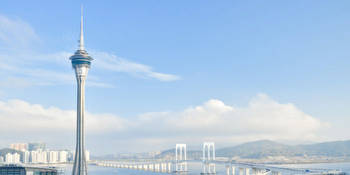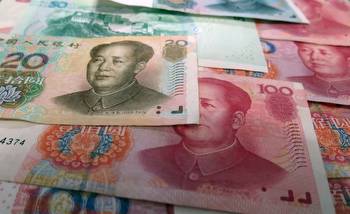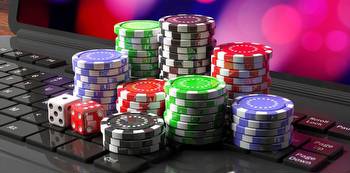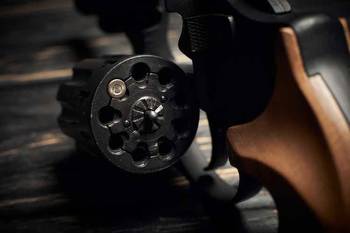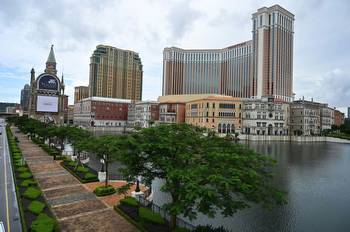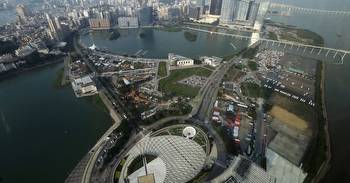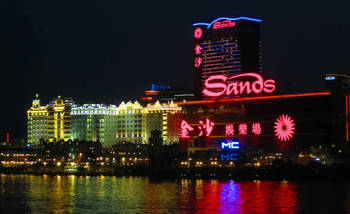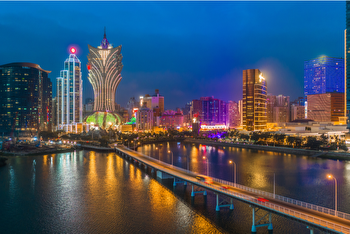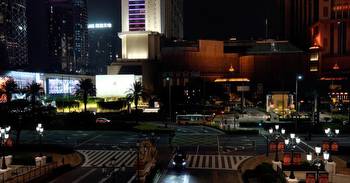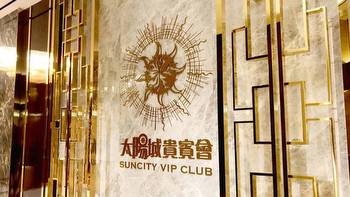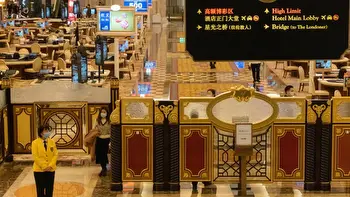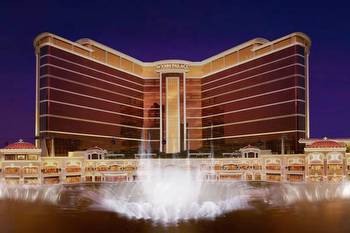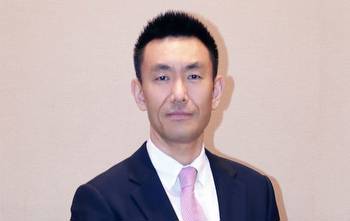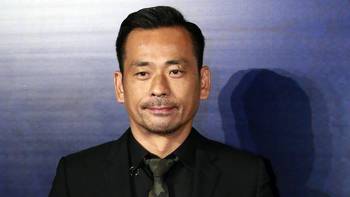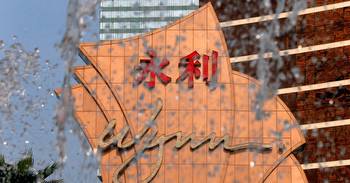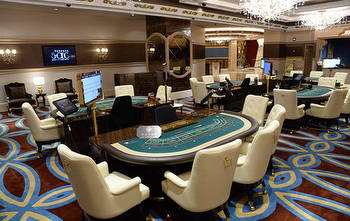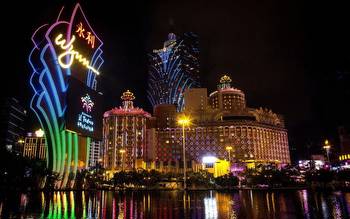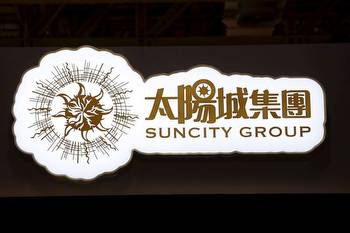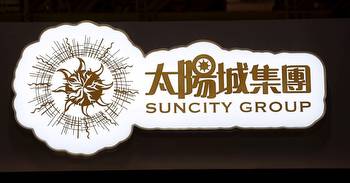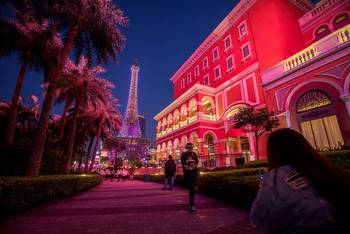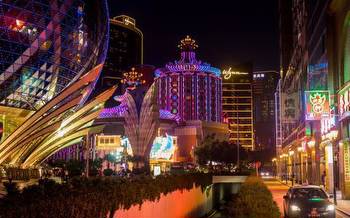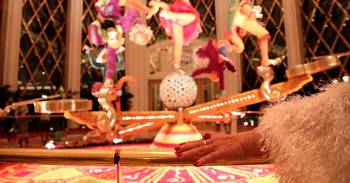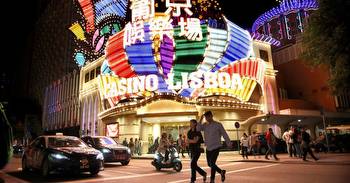Policy changes make Macau’s casinos a risky bet
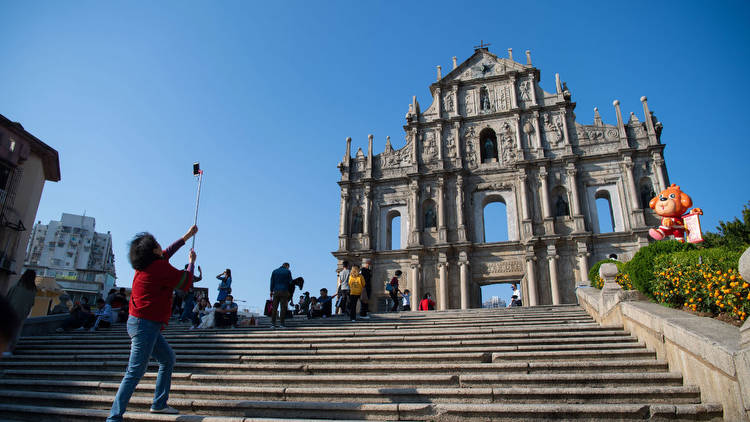
Casino operators in Macau, once the world’s largest gambling center, are facing serious challenges due to Beijing’s decisions to tighten travel rules and clamp down on junkets.
Macau’s Court of Final Appeal on Monday ruled that operators and junkets organizers were jointly liable for client deposits in nine cases filed by VIP gamblers, who demanded their cash back from two junket operators.
Macau casino operators could collectively be responsible for as much as US$6.37 billion of “unfulfilled liability” due to the ruling, Credit Suisse estimated.
Macau’s gaming revenue in April fell 68% year-on-year to 2.67 billion Macanese pataca ($124 million), the lowest in 18 months, due to virus outbreaks and city lockdowns in mainland China.
It is also expected that Macau’s gaming sector will be affected by China’s National Immigration Administration’s latest move to discourage mainlanders from traveling and spending money overseas.
Macau has been a bargaining chip between Beijing and Washington for two decades since the former colony of Portugal was handed over to China in December 1999. Beijing decided to end the 40-year monopoly of SJM Holdings, owned by tycoon Stanley Ho, when the company’s gaming concession expired at the end of 2001.
In 2002, SJM Holdings, Wynn Macau and Galaxy Entertainment won bids for three new 20-year gaming concessions. In the intervening years, they were allowed to sublease their licenses to MGM, Melco and Venetian Macau, respectively. Among them, Wynn Macau, Sands China and MGM China are funded by US companies.
All six of their licenses are set to expire on June 26 this year, but the Macau government said in March that the expiry date would be pushed back to December 31 as it needed time to amend its gaming law.
Influence offered
In the first two decades of this century, US casino magnates made their fortunes in Macau and in return helped Beijing influence US politics.
The New Yorker reported in June 2008 that US tycoon Sheldon Adelson had made phone calls in July 2001 to Republican leaders in the US Congress and asked about a resolution opposing China’s Olympic bid over human rights issues. The resolution was eventually scrapped while Adelson’s Venetian, the parent of Sands China, was later offered a gaming license in Macau.
In the latest legal case, Las Vegas casino mogul Steve Wynn was sued by the Justice Department for refusing to register under the Foreign Agents Registration Act.
He was accused of having lobbied then-President Donald Trump and members of his administration for several months in 2017 to remove from the US a Chinese national who had been charged with corruption in China and was seeking political asylum in America.
Such efforts, done on behalf of senior Chinese government officials, including Sun Lijun, the then-vice minister at the Ministry of Public Security, were ultimately unsuccessful.
Due to the trade war and intensifying geopolitical fights between the US and China, Macau’s role as a bridge between the two powers is fading out.
With the rise of Covid-19 in early 2020, China started discouraging people from traveling overseas in a bid to avoid virus transmission and a capital outflow. Although Macau reopened its border with the mainland in August 2020, its gaming revenue declined by 79% to $7.56 billion in 2020 from $36.33 billion in 2019.
In 2020, Las Vegas regained its status as the world’s largest gaming hub as its gaming revenue only dropped 25.2% to $18.3 billion. Its gaming revenue recorded a high of $13.4 billion last year, while Macau only managed $10.82 billion.
Many casino operators in Macau are now losing money. In the first quarter, Wynn Macau’s net loss expanded 16.8% to $188 million from a year ago, while SJM’s net loss almost doubled to $163 million.
The negative impact of Covid lockdowns in Guangzhou and Shenzhen in April has not yet been reflected.
On Monday, Macau’s Court of Final Appeal ruled that Wynn Resorts and MGM China were liable for client deposits for their junkets with Dore Entertainment and Suncity, respectively. Nine cases were filed in the court as some members of the VIP rooms of the two junket operators demanded to get their cash back, ranging between HK$1 million ($127,389) to HK$6 million each.
Heads have rolled
Last November, Alvin Chau Cheok-wa, the former owner of junket brand Suncity Group, was arrested on suspicion of promoting cross-border gambling overseas to mainland China customers.
Media reports said Chau had a strong connection with Sun Lijun, who was removed from his official position and the Communist Party of China on September 30 last year.
On May 12, China’s National Immigration Administration said it would strictly limit Chinese who cannot show a necessity for leaving the country, while also tightening the requirements to get Chinese passports.
The official announcement came after some Chinese netizens complained they had recently faced extra scrutiny by customs officers at international airports.
The administration also said on May 12 that since last year it had broken up 290 groups that encourage mainlanders to travel overseas to participate in illegal gaming activities. It said it had investigated or arrested 15,000 people for organizing these activities and persuaded more than 90,000 people not to go overseas to gamble.
Previous media reports said Chinese gamblers liked to visit the Philippines, Malaysia, Myanmar, Cambodia and Vietnam.
Some Chinese netizens said customs officers not only cut a corner of their Chinese passports, but also their exit-entry permits for traveling to and from Hong Kong and Macau, known as a “two-way permit.”
Due to the mainland’s tightening travel rules and city lockdowns, Citibank’s analysts on Tuesday lowered their forecast of Macau’s gaming revenue for May from $866 million to $557 million.
In the short run, the resumption of quarantine-free travel with Hong Kong is probably the only hope for Macau to boost its gaming revenue. However, Beijing does not yet have a timetable for this, given that Hong Kong still records several hundred Covid cases per day, while many Chinese cities are still locked down.








